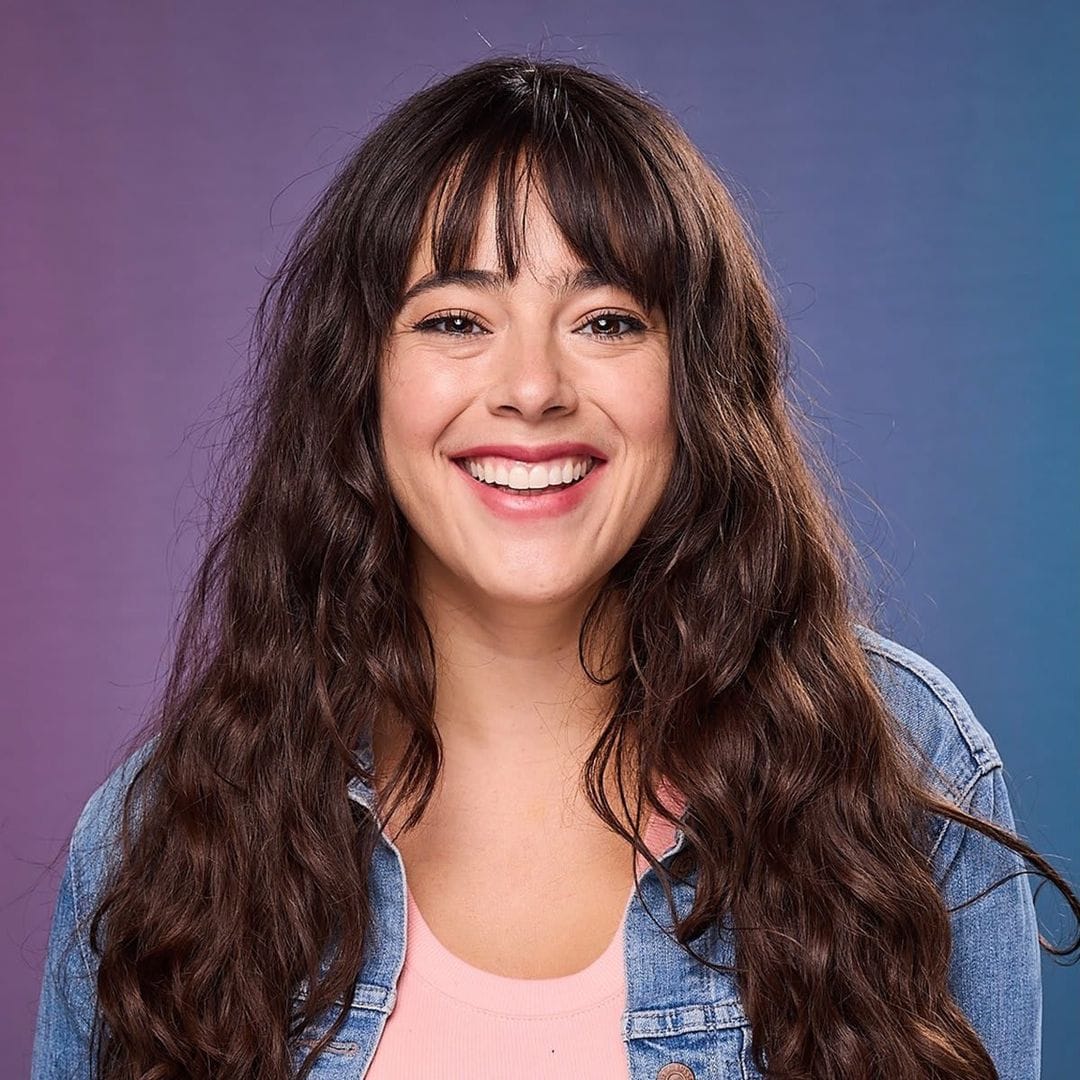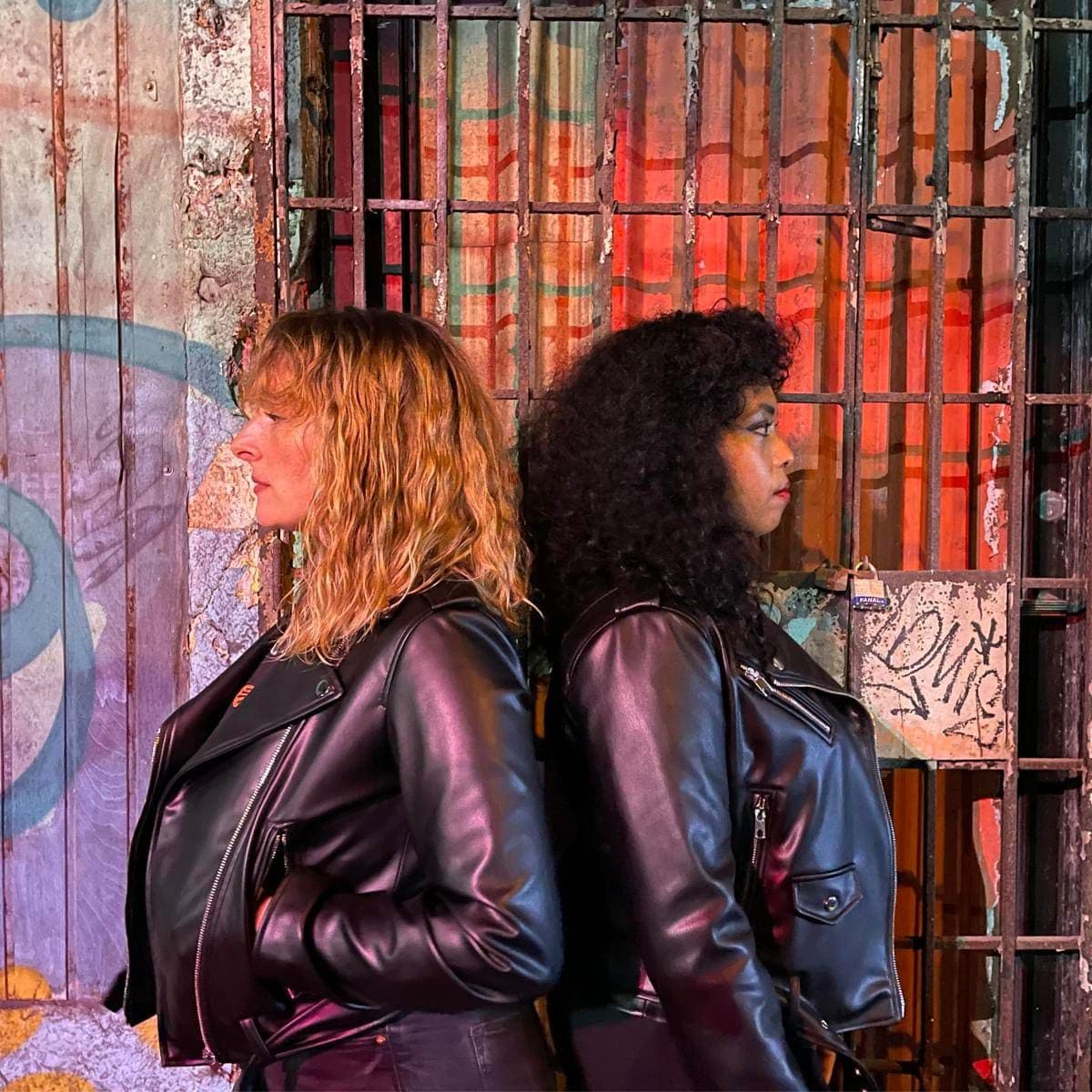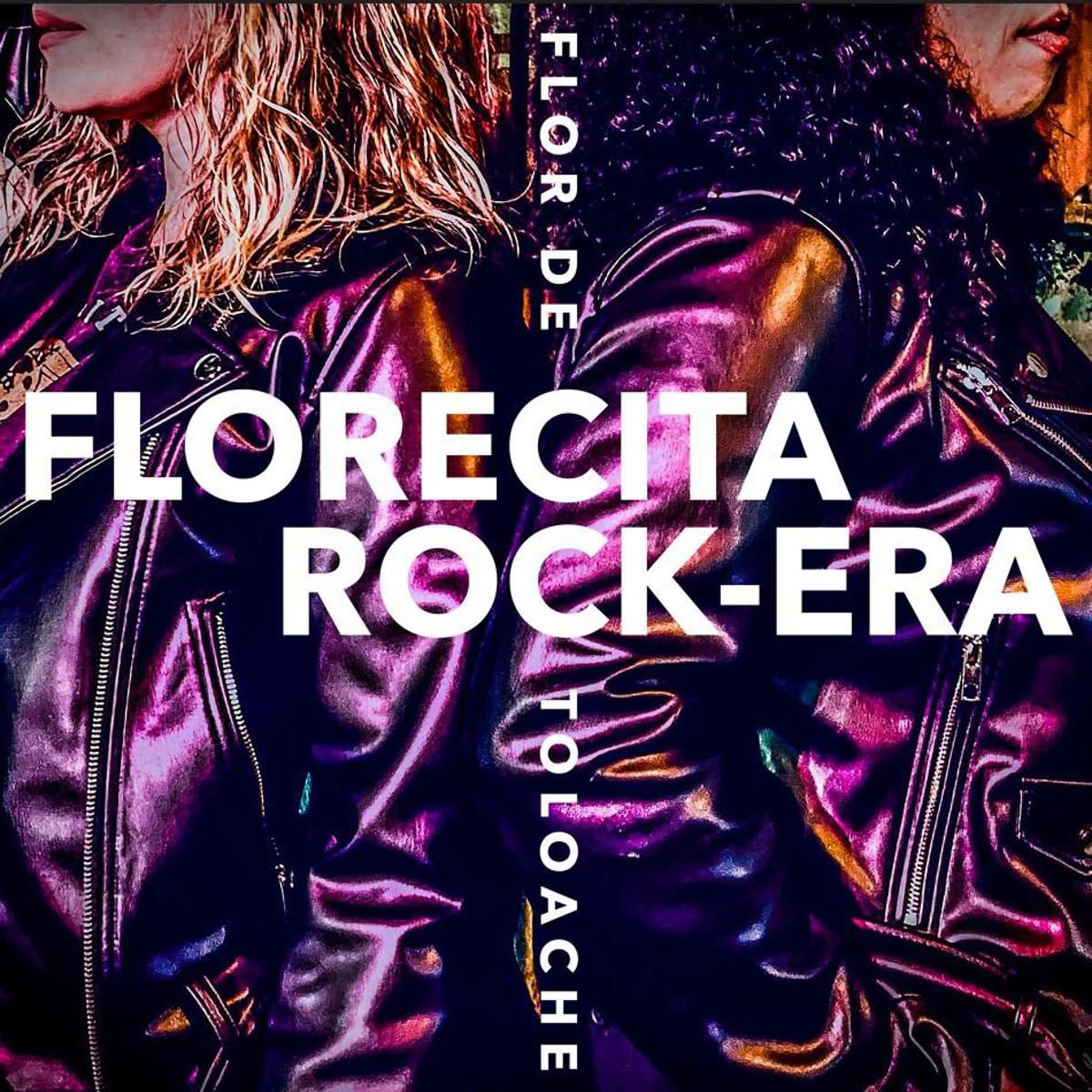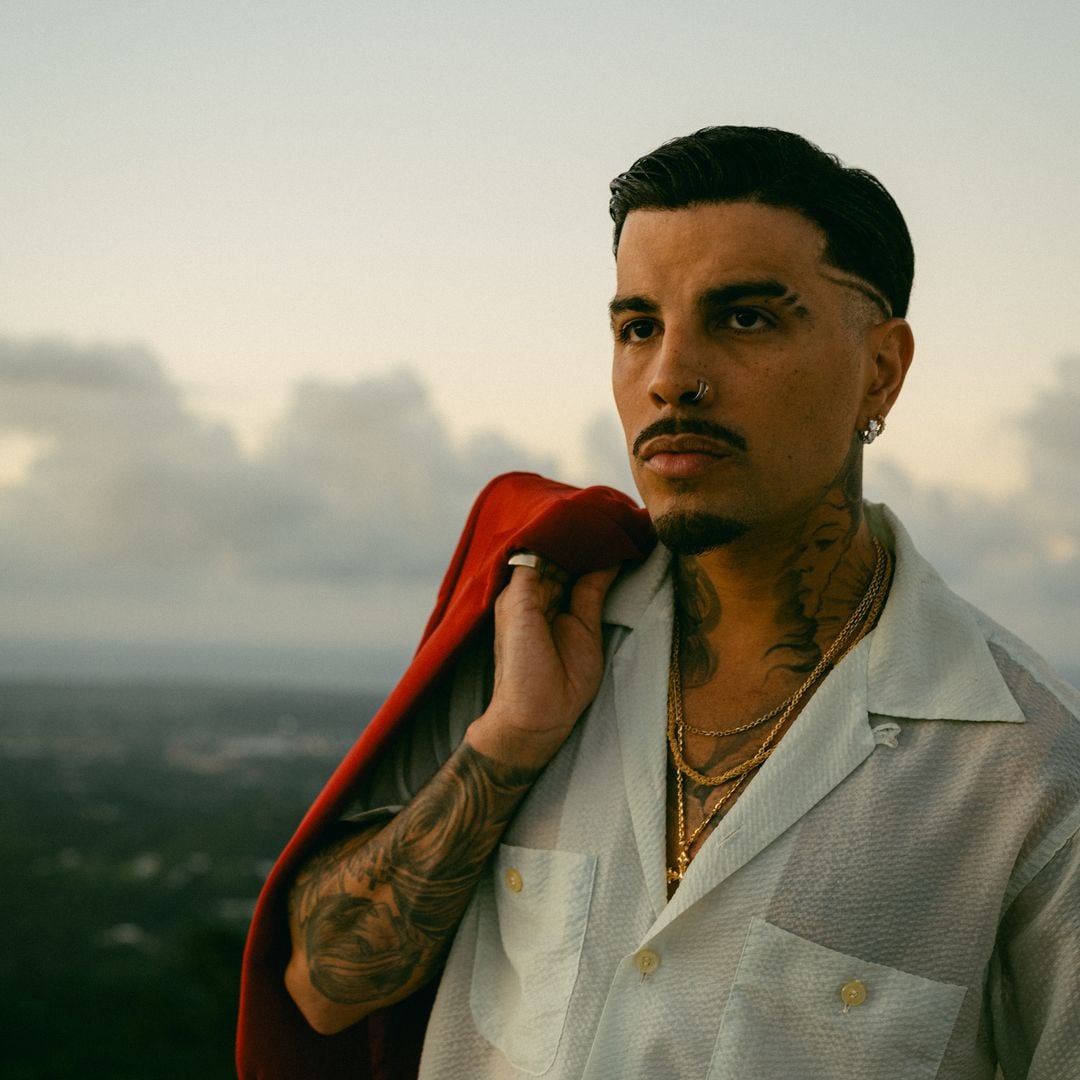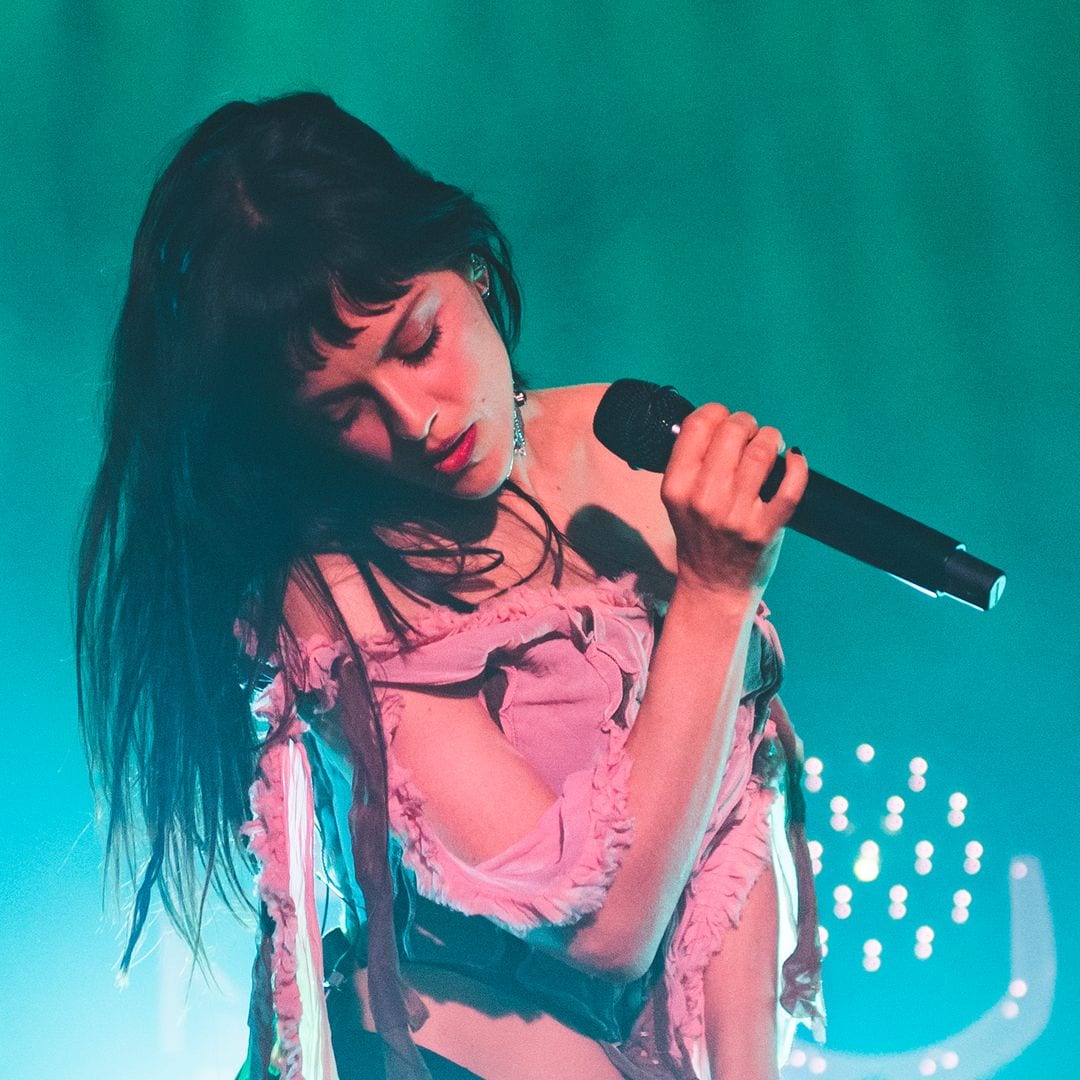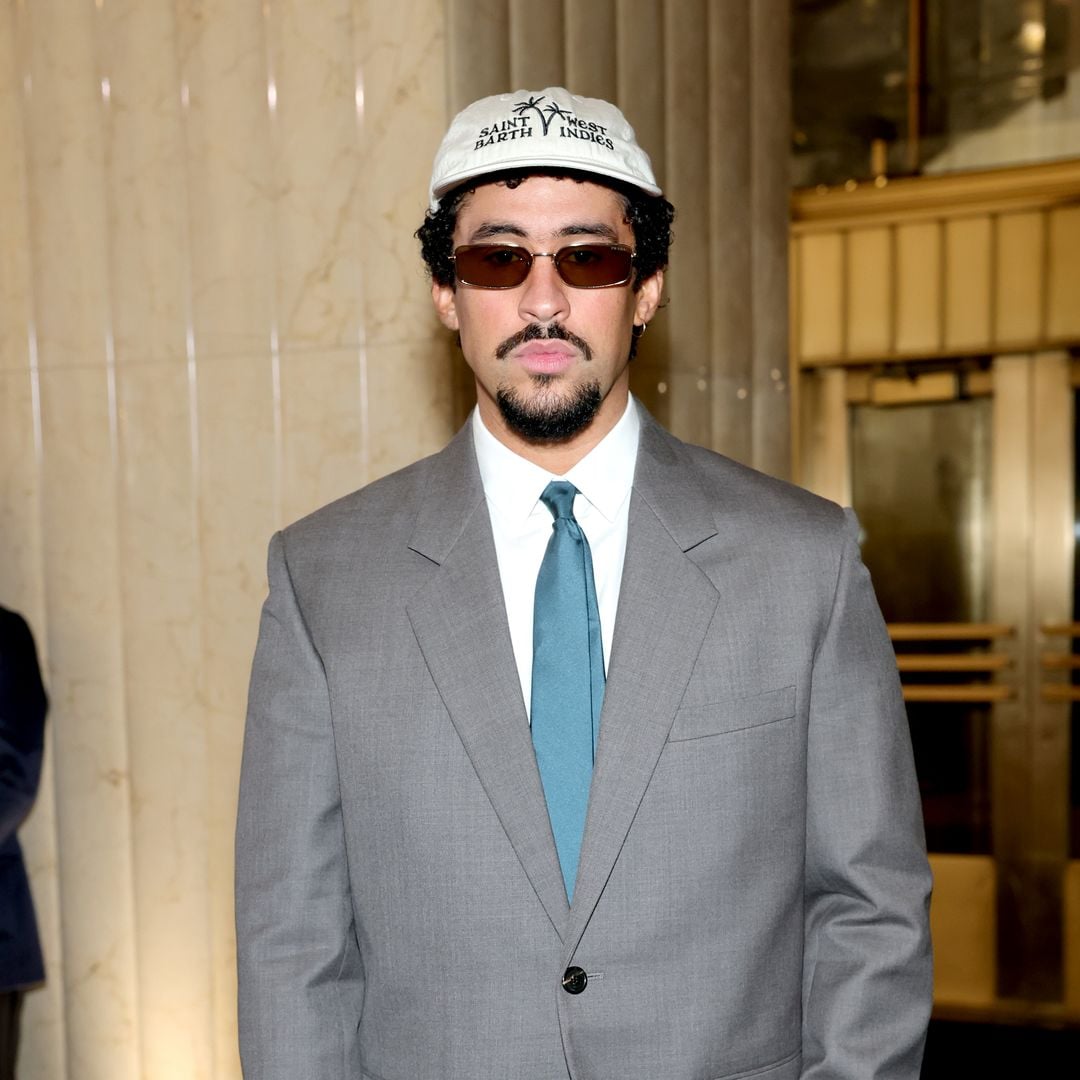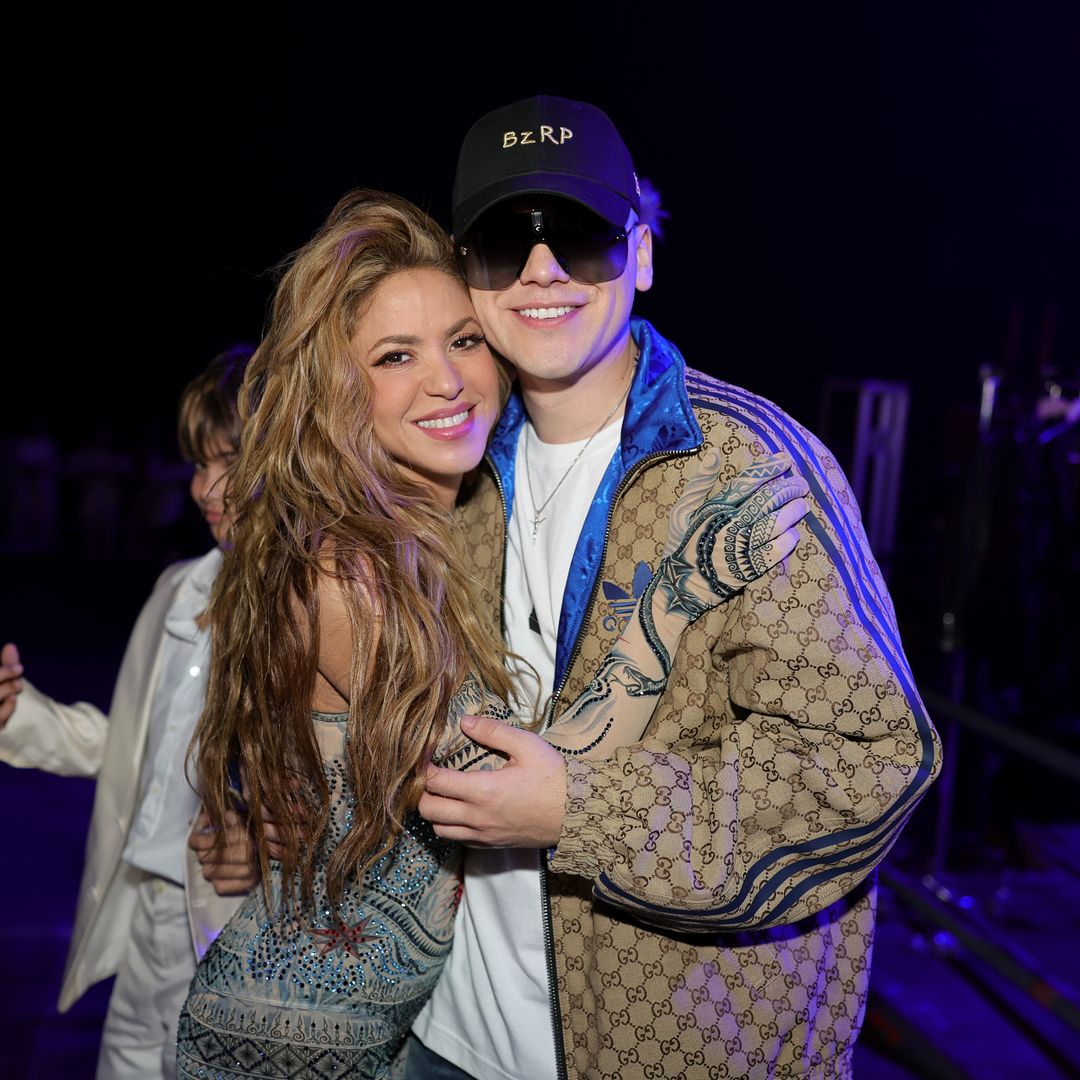New York’s talented all-woman mariachi band Flor De Toloache, celebrates Women’s History Month with the release of “Florecita Rock-ERA”, a compilation of unforgettable anthems inspired by the great rock classics, which left their mark on the group’s sound. Produced by Shae Fiol and Mireya Ramos, the album was recorded remotely by the band while they were separated in New Zealand, New Jersey, Connecticut, and Washington during quarantine.
Playing a never-before-seen tribute in rock music, the Latin GRAMMY Award winners, re-invented iconic songs through Mariachi lenses by adapting them with the unique Flor de Toloache style. HOLA! USA had the opportunity to talk to Shae and Mireya and they shared some amazing stories of their time performing in subways around NYC, opened up about the magic and power of being an all-woman band, and more.
Were you working on the album before the pandemic or was it truly born during quarantine?
Shae: Yes. It was conceived and born during quarantine.
What was the biggest challenge about making music, virtually in separate cities?
Mireya: Well, I was in New Zealand so the time difference was an issue, as you can imagine, cause I was like 18 hours ahead. And so coordinating that was a little hard, but, we were just really excited to be able to create and have the opportunity to even record and collaborate with each other being so far apart and for so long for the first time ever. So we were excited, but it was really, you know, of course, it was weird. We’re so used to being together in the studio and, bouncing off each other, like with ideas and arranging everything together. So that was kind of a sad part that we weren’t there with each other to do that.
You are both talented instrumentalists. So did you feel like your relationship with your instrument kind of evolved during quarantine? Since that was maybe the only thing you had to spend time with sometimes?
Shae: It was definitely more than my instrument actually, it was kind of just the process of recording myself, and how that kind of evolved. Learning how to record myself, learning how to record my instrument, including my voice. I’m still learning. But yeah, I think that’s kind of what grew for me because we had to record, and I have a three-year-old, so I didn’t have a lot of time to do that. Obviously, she wasn’t going to daycare and my husband was working from home, so I was engaged in childcare a lot. But making this album was definitely something that I did have to put a lot of time into and, yeah, I explored a lot of different rhythms and stuff.
Mireya: Well I was in New Zealand and at first we were in lockdown. So, it was a drastic change from touring nonstop to nothing, and being in a different country. So that was all a lot to take in, but, it did give me a lot of time to write new music for my solo project. And I started picking up the guitar cuz I wanted to accompany myself. I didn’t have Shae to accompany me and like to collaborate with and sing with and she always plays the vihuela. And I didn’t have my band for my solo stuff to accompany me so I wanted to do like IG lives and still stay connected and so I picked up the guitar and I took some online lessons and that was interesting and really cool and inspiring. And it kept me going through the pandemic and I definitely spent more time practicing violin, which I don’t do as much as I should.
I would love to know how you picked up your first instrument, how did they come into your life?
Mireya: My father was a mariachi singer and he would take me to his gigs with him and I actually had a crush on the violinist and so I was like, ‘I wanna play whatever he is playing.’ And I would call it the small guitar, so I would tell them, my parents and my grandma, like, ‘I wanna play this small guitar,’ and they put me in lessons when I was seven years old and I fell in love with it. I love the sound of it. I love the fact that you can sing basically through the violin. And I’m naturally a shy person so for me, it was a good way of expressing myself without having to confront people. But also singing for me, just it’s that kind of thing. And I’m connecting with people in that way and falling in love with music, watching my dad and my mom have so much passion for it and seeing my father perform too and seeing how people would connect with him and experience music in that way was just beautiful. So I definitely wanted to do that in my life.
Shae: I also come from a musical family and before I made it to the vihuela I played piano because both of my grandmothers and my mom, all played piano. So they taught me a little bit over the years. And then I got into the junior high band, playing the flute. I love that instrument. It’s so beautiful. I have one that I just like to mess around on every now and then. But then guitar came in high school, you know, it was like kind of the perfect time for guitar, like you’re just so much more social. At least I was, and I wanted to start expressing myself, but got a little bit of peer pressure for my friends to like start performing and singing. And so I was like, okay, I gotta do this guitar thing. And my dad played guitar. So he taught me some and then the vihuela came into the picture, in my late twenties when Mireya asked me to join the mariachi. So that’s when I started playing vihuela.
So let’s go back to the beginning when you were playing in subways in New York. What’s one of your favorite memories that you know you will never forget?
Mireya: So we had a permit, well, we didn’t have a permit for a while, so we were illegally playing in the subway, but then we got a permit through the Music Under New York program. And there’s a lot of artists that don’t have that, so there was a group of breakdancers that probably didn’t [at least that day]. So we had a slot, you know, like officially had a slot in times square and there was a break dancing group that was used to having that spot. So, you know, here comes an all-female group, mariachi, mariachi uniform, and we’re trying to like claim the spot that we had officially reserved. And we were kind of like debating, how do we tell them this group of like super intimidating break dancers that we have that spot? And so we did, but then they didn’t wanna move. And so we had to call the cops. Am I remembering right?
Shae: Well, there’s always like cops around in times square. So I think they just probably kind of saw what was happening. They’re literally always roaming around so I think they were just standing right there, like 10 feet away. And we’re just kind of like, ‘Hey what should we do in this situation?’ They’re not there to police the music or the art, but we’re just like, we don’t know what to do. Like we’re basically being a little bit bullied out of our space that we worked really hard to get to do officially. And then we actually ended up telling them, “Hey, you guys should audition for this program so that you can get your own official thing because it’s an option.” But yeah it was just like a classic New York moment.
Did you end up getting the spot back though?
Mireya Yes. We’ve always dreamed of having that in a movie or something.
Shae: There’s another time that we were on the other end of the cops when we were playing in union square, it was just Mireya and me, we were like one day texting each other, like, ‘Hey, you wanna go to the subway? We need some money.’ So we met at union square and threw the guitar case down. And we started playing and then eventually there were so many people gathered around, they were just like, so into the music that the cops came by, like, ‘nope shut it down. You guys gotta go. You’re creating a hazard here.’ We probably were. But man, yeah. That was another that we got shut down a couple of times. I remember a lot of, our subway. The other thing was when we were playing at that same place in times square, I think on Thanksgiving day. And we were like, ‘oh, there’s gonna be a lot of people out shopping, let’s go, let’s go capitalize on this foot, traffic in the subway.’ And so of course, Mireya and I don’t remember who else was there, but you know, we’re always down to do that stuff. We were always like ‘let’s go let’s grind, let’s do this.’ And then we ended up meeting a journalist and she interviewed me Mireya for Daily News and then from the Daily News came an NBC feature and a New York Times feature. So it shows like, you gotta create the opportunities. So that’s what you call pounding the pavement, literally.
Yeah. That’s amazing. You really opened your own doors by doing street performances and it’s really hard for people to do that. How would you describe the magic of having an all-woman group versus, you know, an all-male group?
Mireya: I think that the energy, the synchronization that happens on stage, because as women we are more intuitive maybe, and I feel like we are more sensitive in certain ways, I mean, men are and can be, but they don’t allow them themselves to be sometimes. And so I feel like that plays a big role, in how we connect on stage. And then we share that to the audience and the audience, therefore, feels that kind of energy. And I think that there’s that, but there’s also the visual part of it where a lot of women feel empowered by one being represented because we all look different, we’re all from different backgrounds. And, that’s so important, you know. Growing up for me, I didn’t have any role models, anyone that looked like me, that was a singer. Well, there were some, but not as many as there are now, maybe, you know, and specifically as an Afro Latina. And so, to be represented is so important. And I feel like we play a big role in that as well. And, and not necessarily in a male group, because we are so used to seeing male groups, you know? And so it’s more, it’s more of a visible thing when it’s a whole female group.
Shae: Yeah. I think some of the magic obviously is what Mireya mentioned, representation, and also throughout our trajectory along the way we’ve been asked a lot about like, ‘oh, are there a lot of catfights when you’re playing? You know in an all-woman band.’ And it’s just kind of debunking the myths about women being able to work together professionally, and that we even have a professional side almost is what it implies, you know? And so I think that that is also something that we’ve represented, as women- we are women-founded women, created women, led women built, all the things and, women managed. So yeah, I think that it’s an important message to send that. And now I see it more often, but it’s still, it seems like there are a lot more women in just across, all professions and in leadership roles, but it’s still, so, so, so below 50%, you know, and then how that can just pan out to inspire, but also demand across the board for underrepresented people, in all professions. But yeah, people wanted to know like, ‘oh, this is a group of all women. Like, how is this gonna work?’ Like Catfights or whatever, like wow, it’s ridiculous.
So let’s go back to the album, what’s cover are you most proud of or is your favorite?
Mireya: It’s so hard because each song has its own vibe, and memories attached to it and each artist is so different too. I think for me, Penelope is one of them just because I feel like we gave it a sweet side, a sweet sound to the melody, cuz the way that Draco interprets his own song is, kind of dark, you know? And so was that album that the song is on. So I think that kind of showcasing the melody in a different way is pretty cool. And, Draco is from Puerto Rico and I was raised in Puerto Rico so it’s kind of a special thing personally for me. And it’s such a pretty song every time I hear it, I’m just like, ‘aww’ I wanna cry it’s so pretty.
Shae: I love that one too. It really grew on me cuz I’d never heard the song before and it was kind of hard for me to wrap my head around it melodically, and then after we recorded it and listened back more and more and more, it really is a beautiful track. It’s very dreamy. I think another really fun track, that just blended perfectly into the mariachi -we actually didn’t have to go and do a whole new interpretation of it- for Ingrato which we changed from Ingrata to Ingrota by Café Tacuba. That was a really fun twist to put on it, especially cuz I believe they don’t perform that song live anymore. And so, we’re offering a new perspective on that song. And I love the serendipitous quality of Florecita Rockera. It’s such a cool expression of the song that’s already, you know, for women, and it was such a beautiful song to include on the album, and all the meaning behind it and all the importance really kind of pulls everything together in this album.
,type=downsize)
